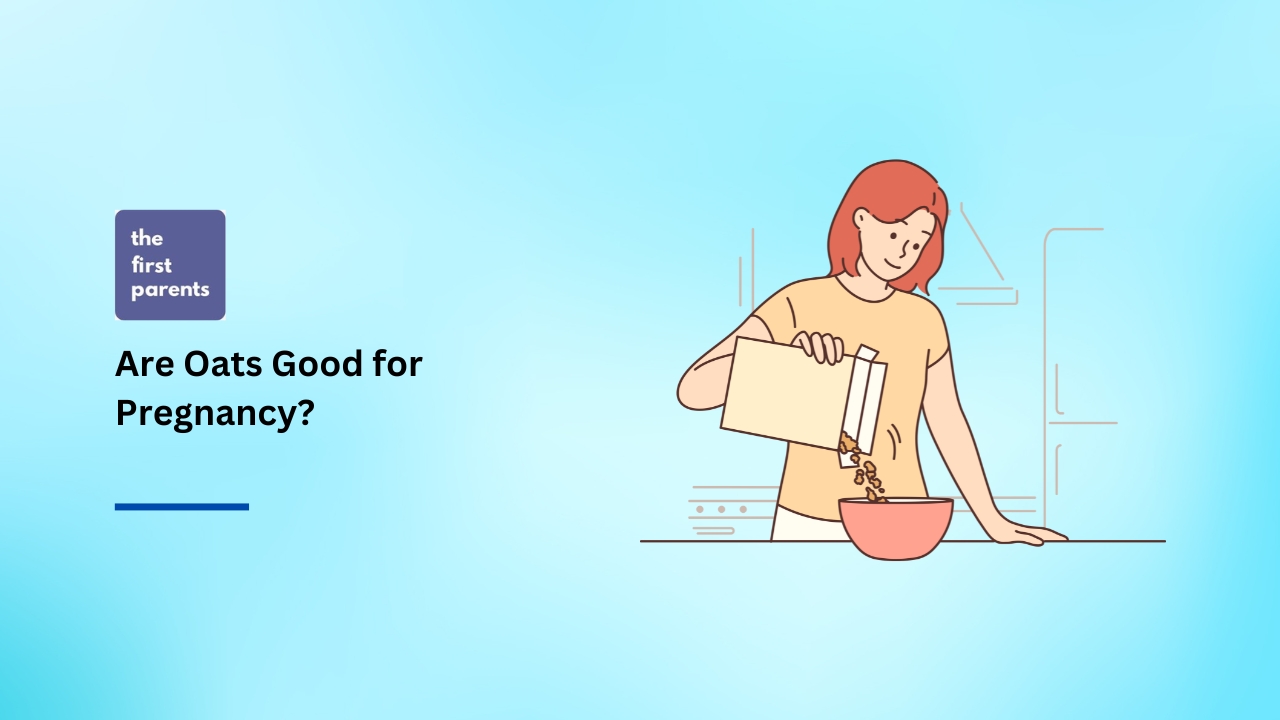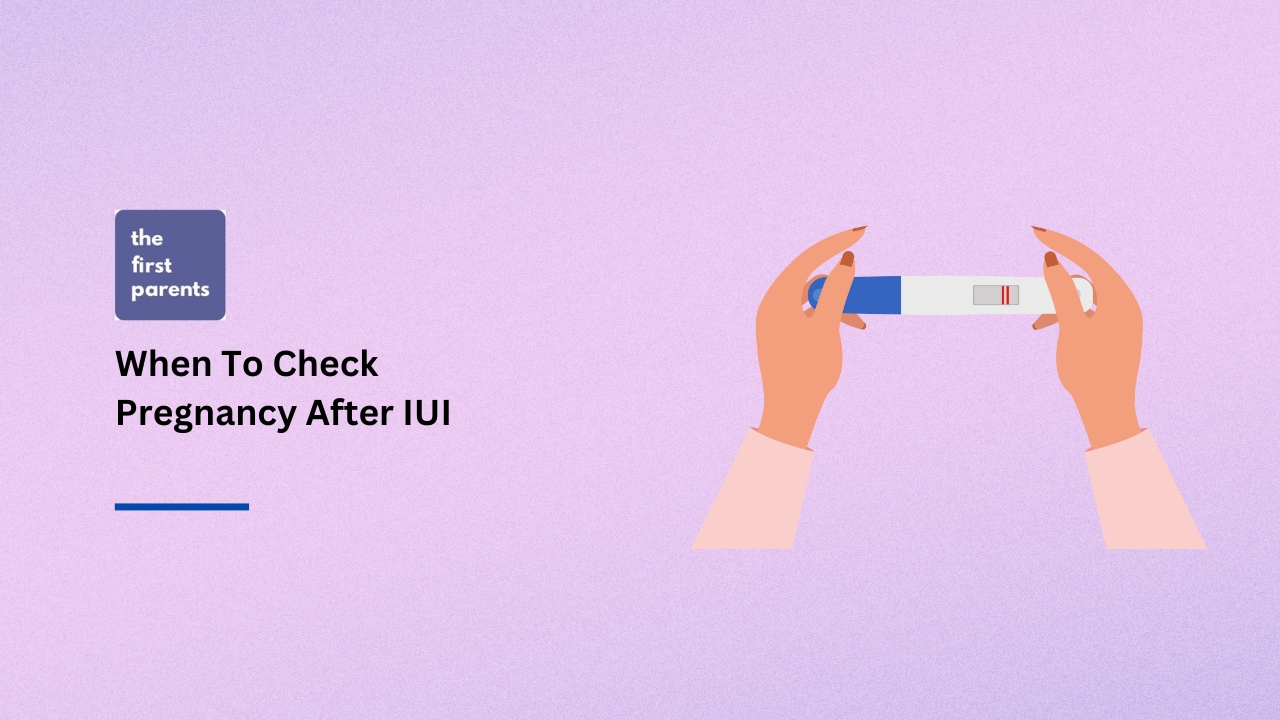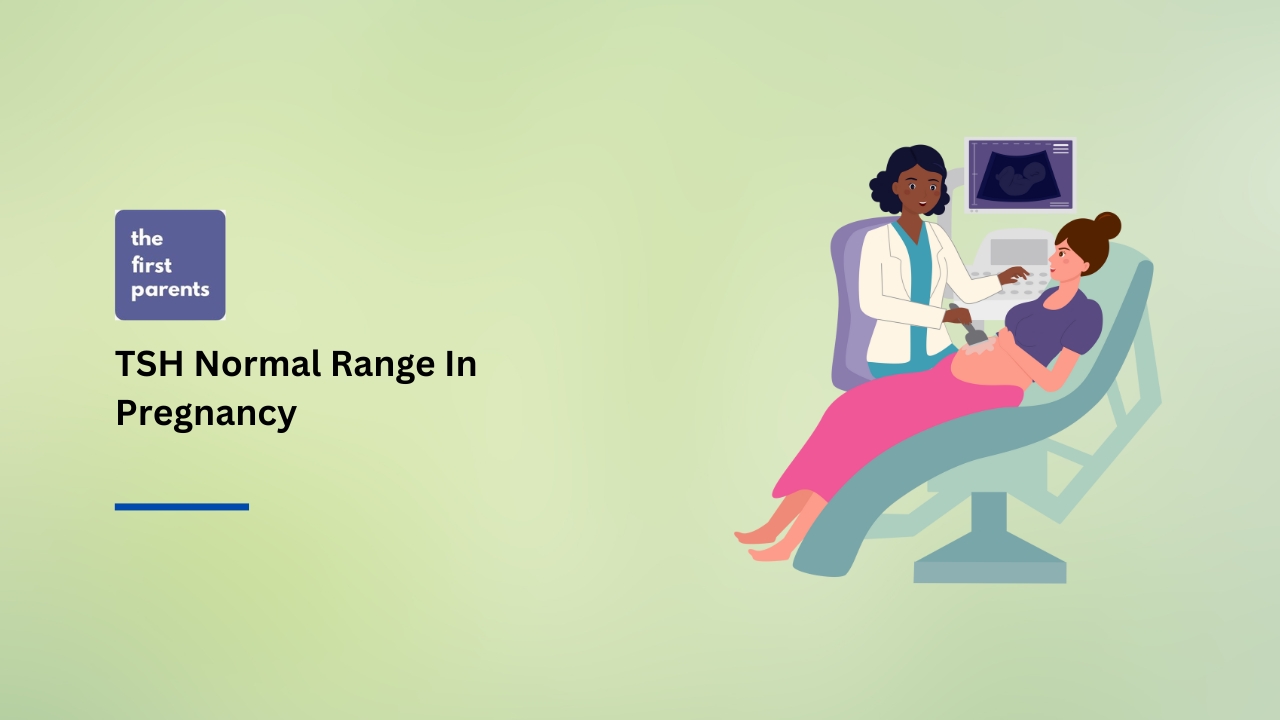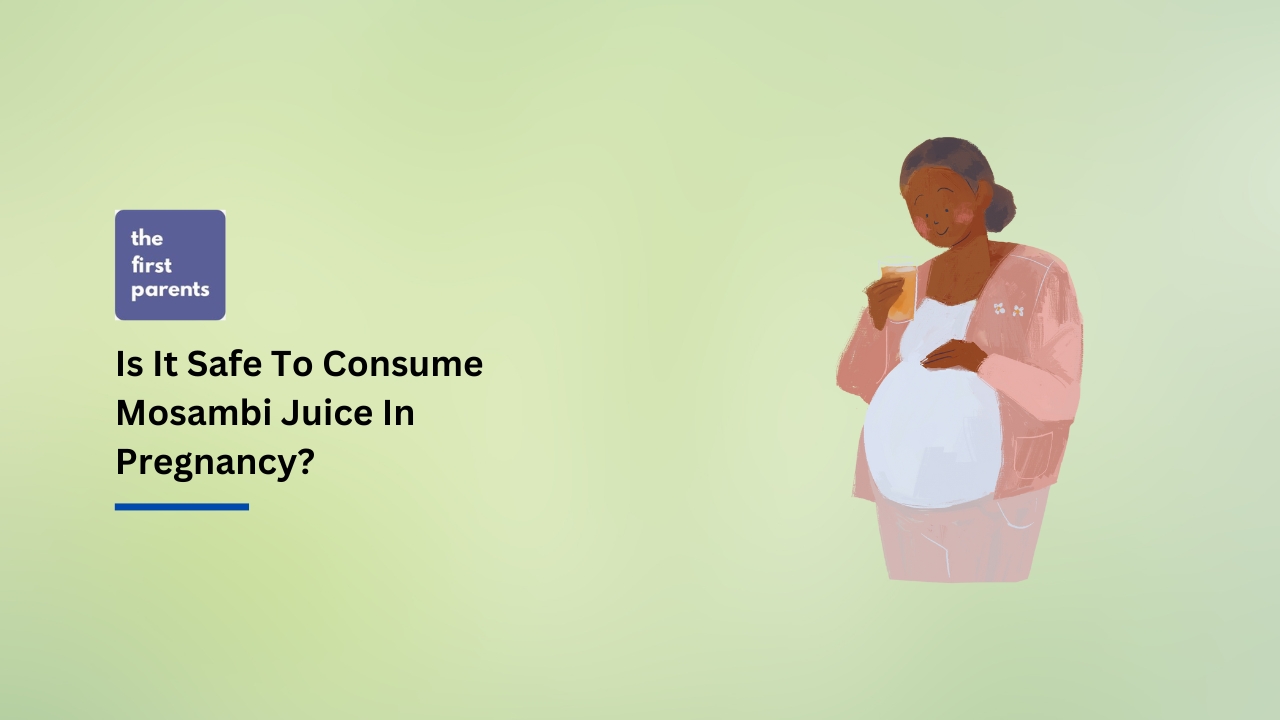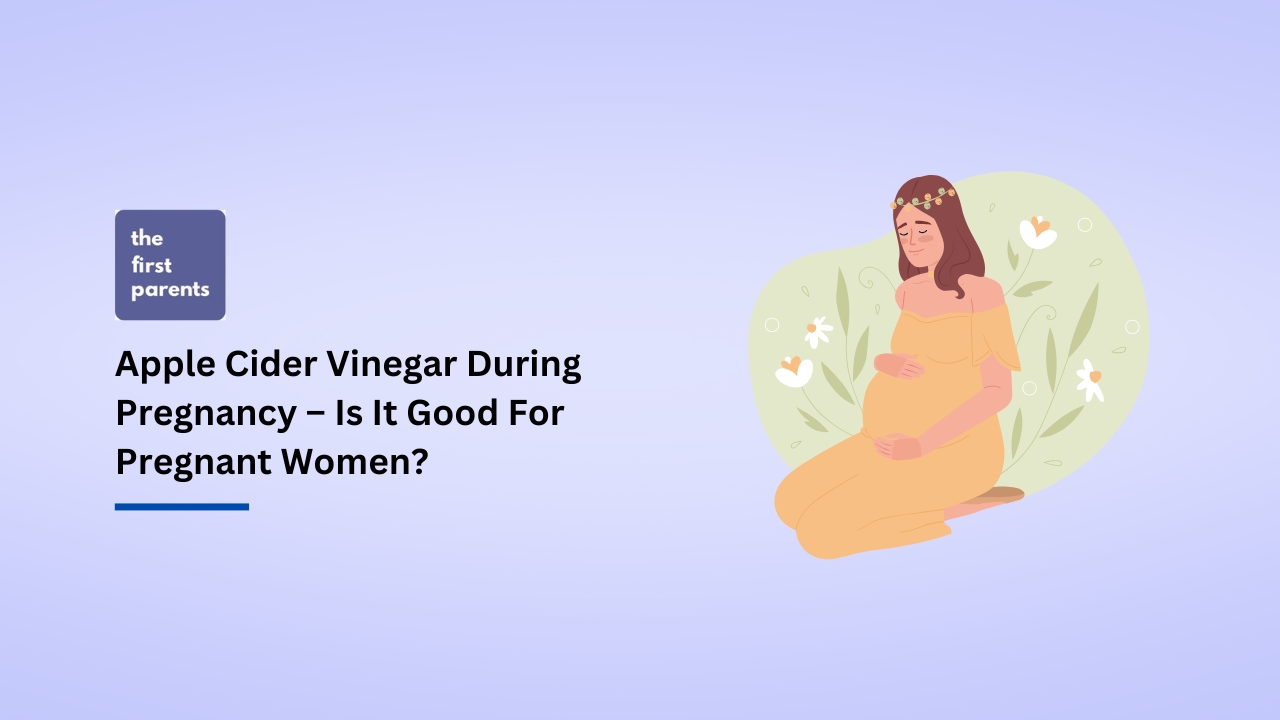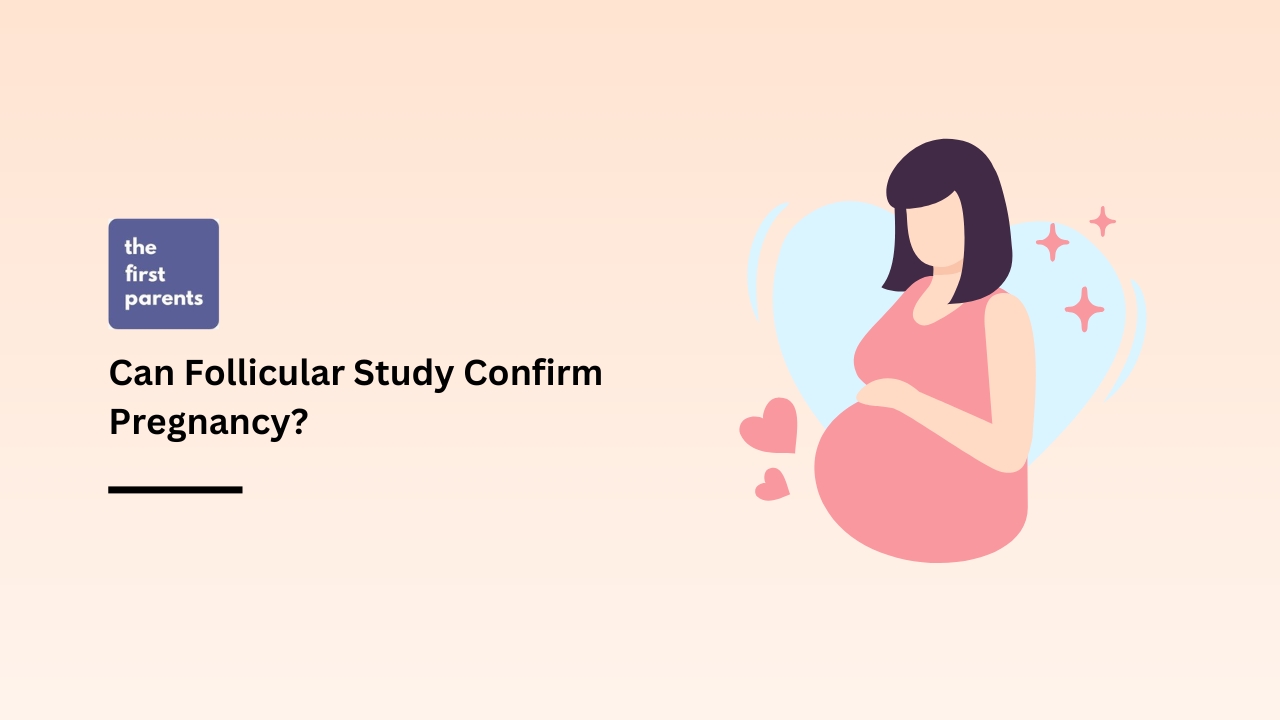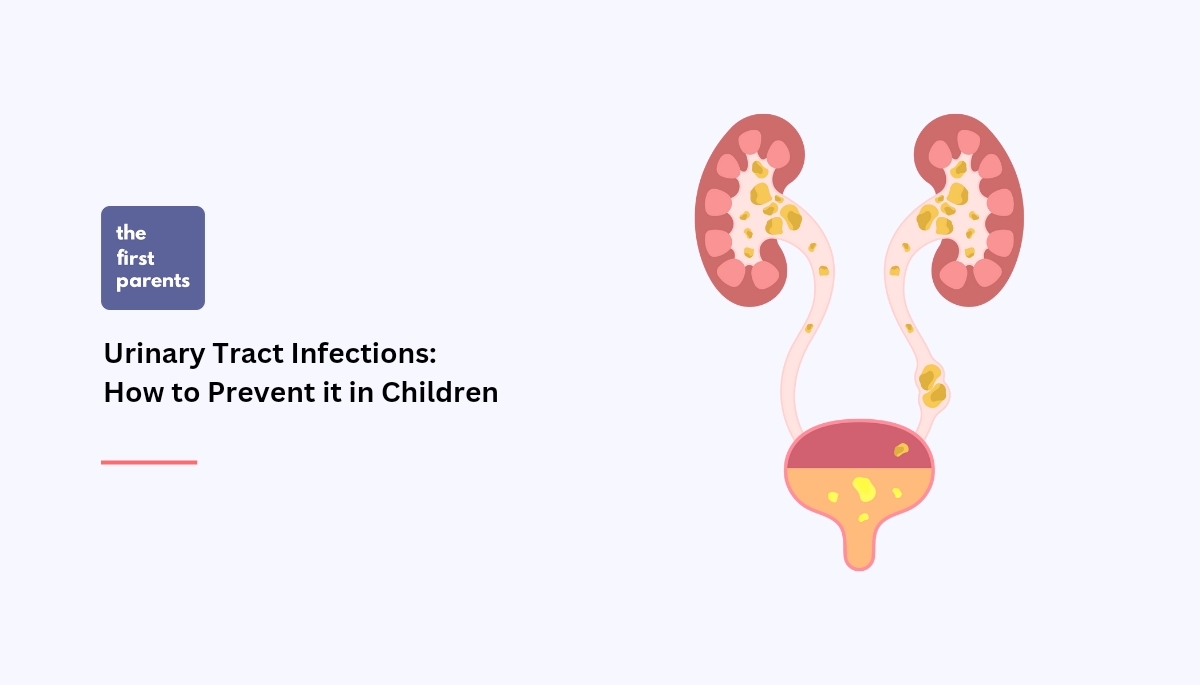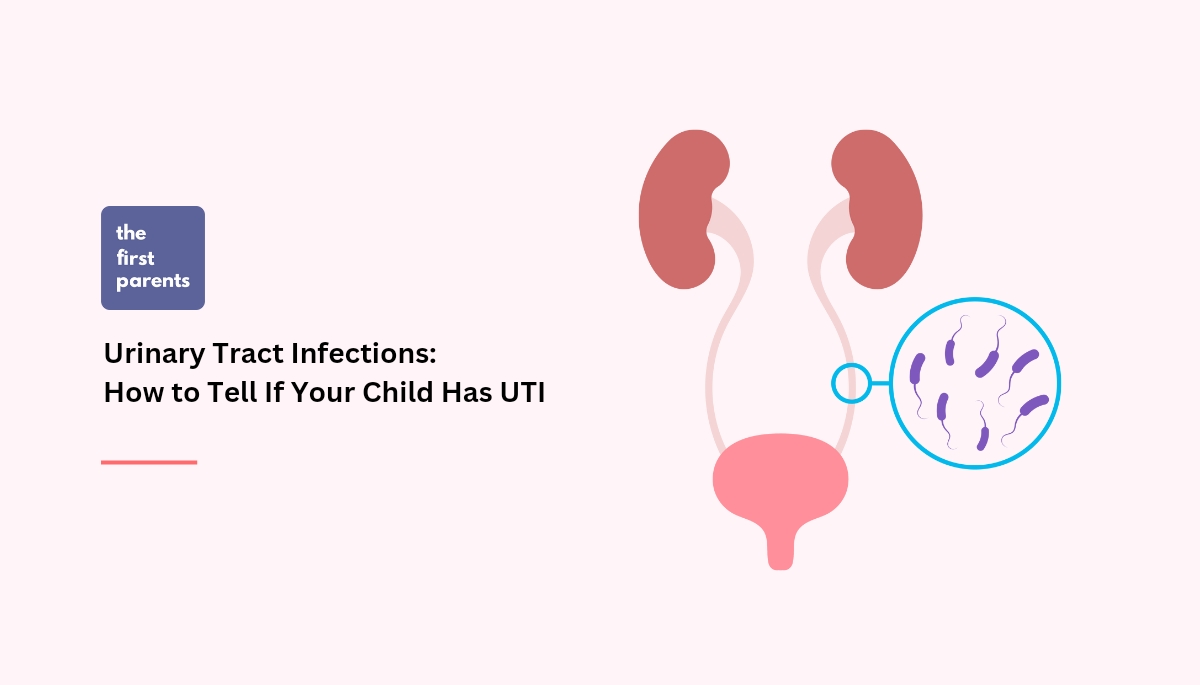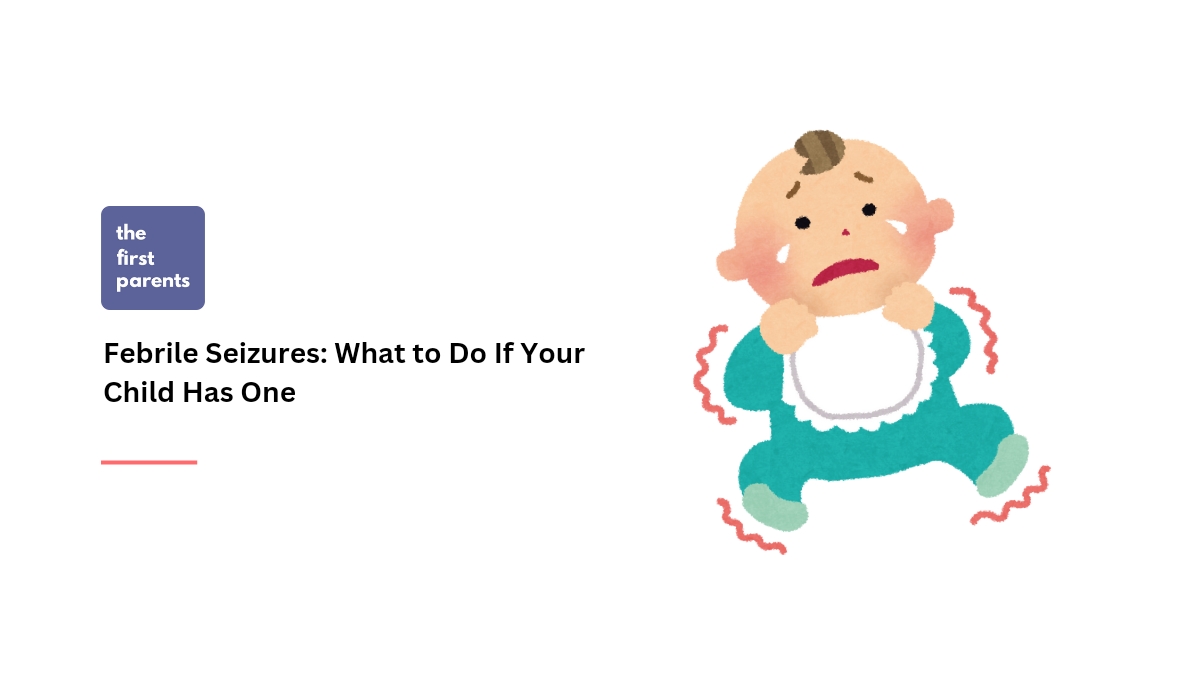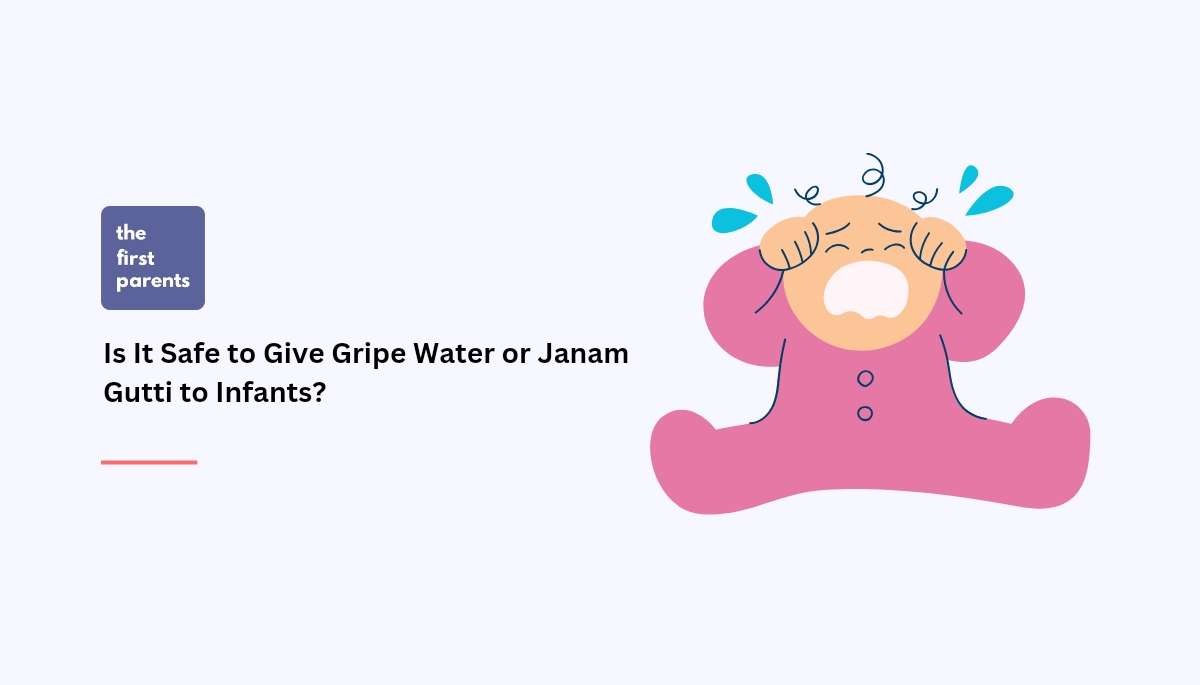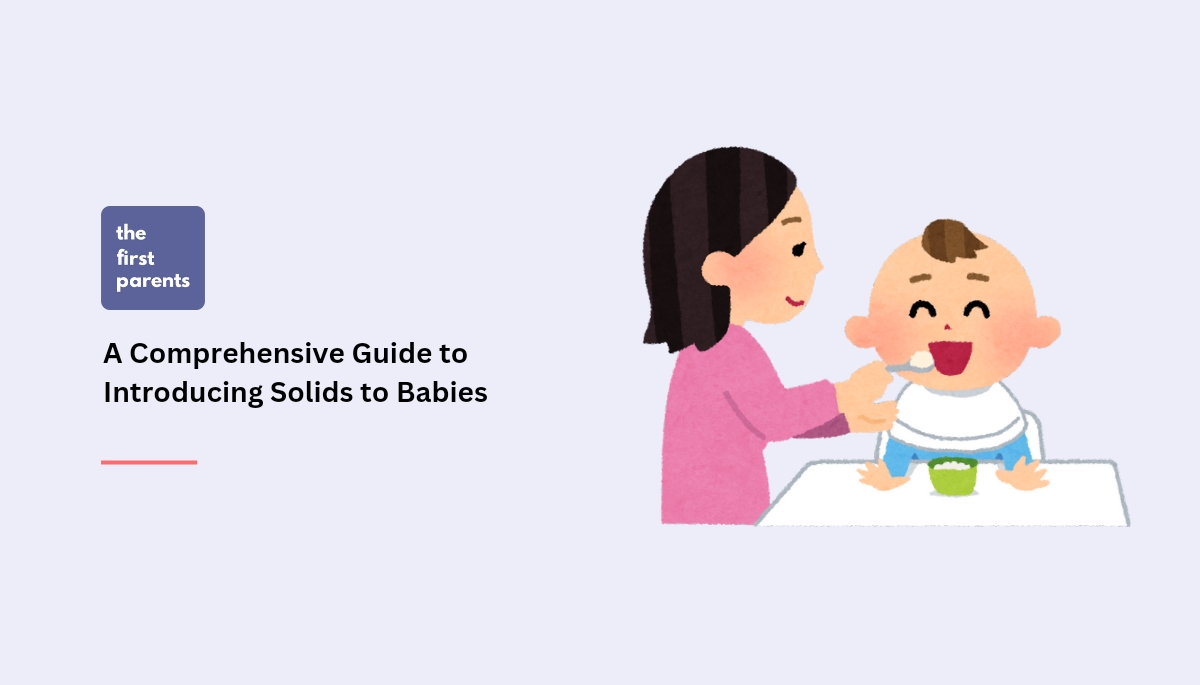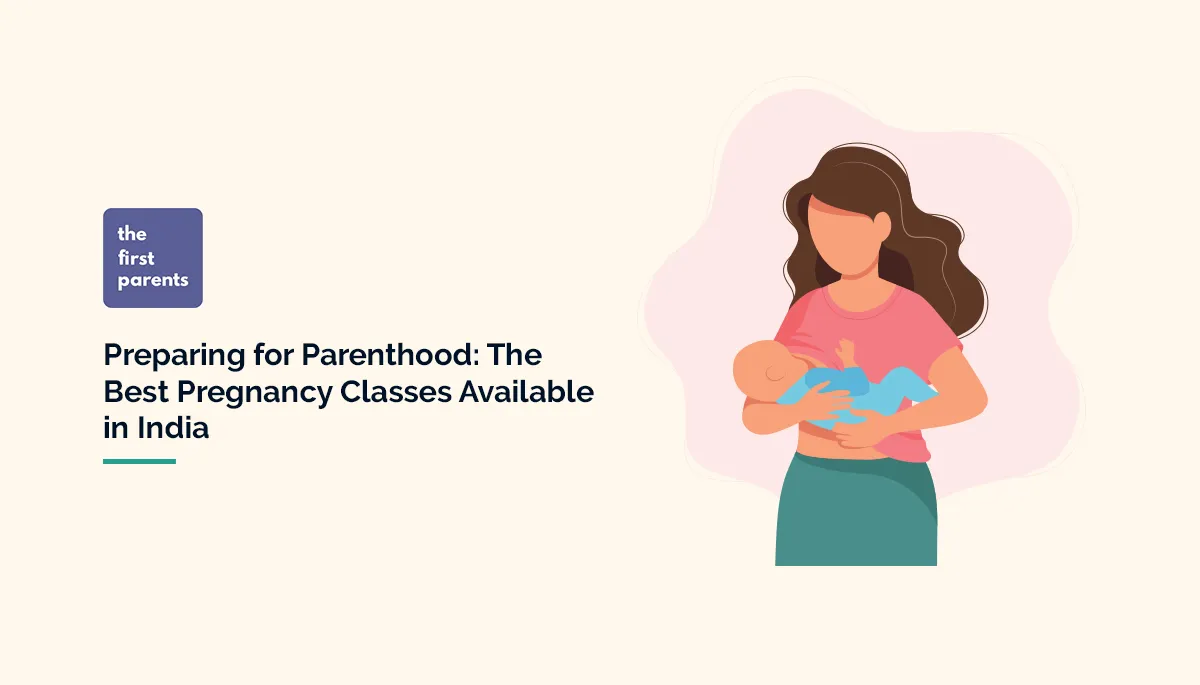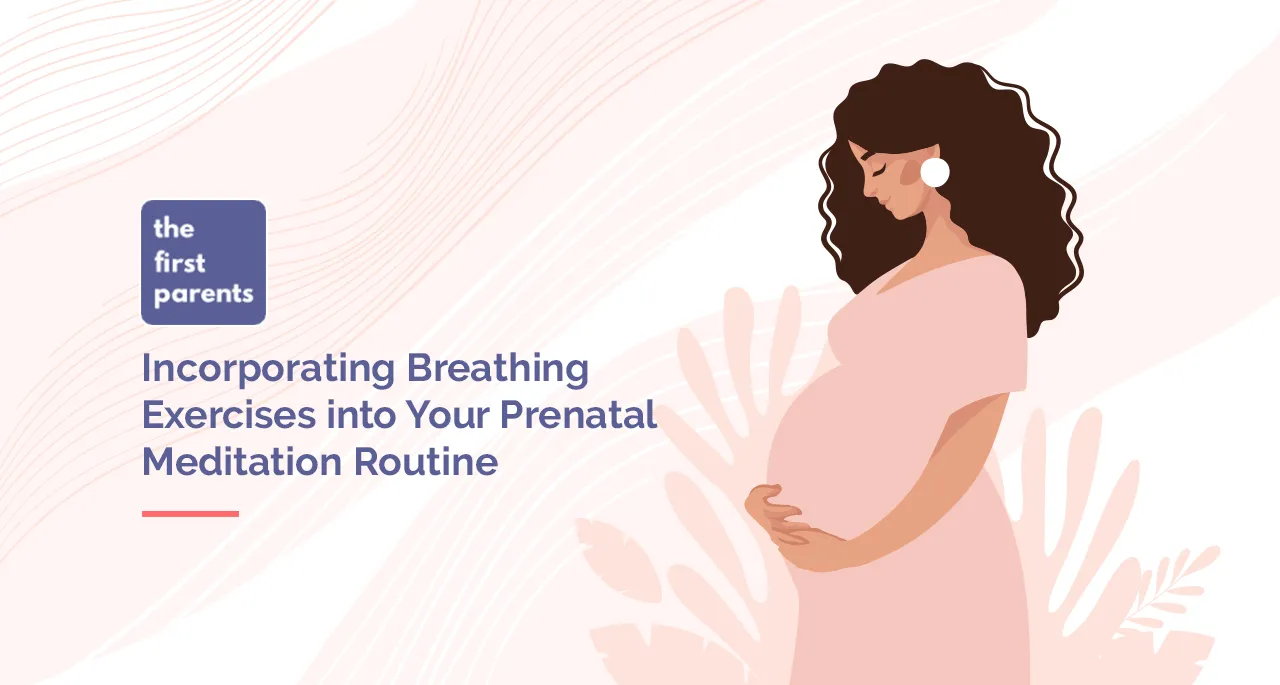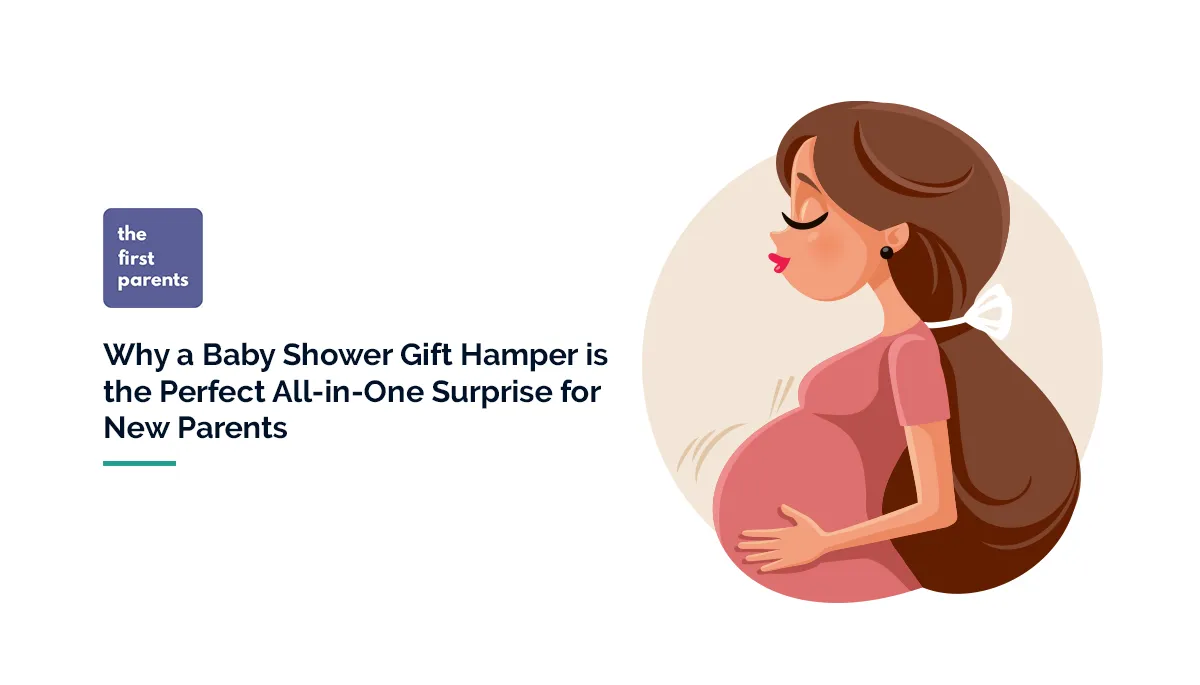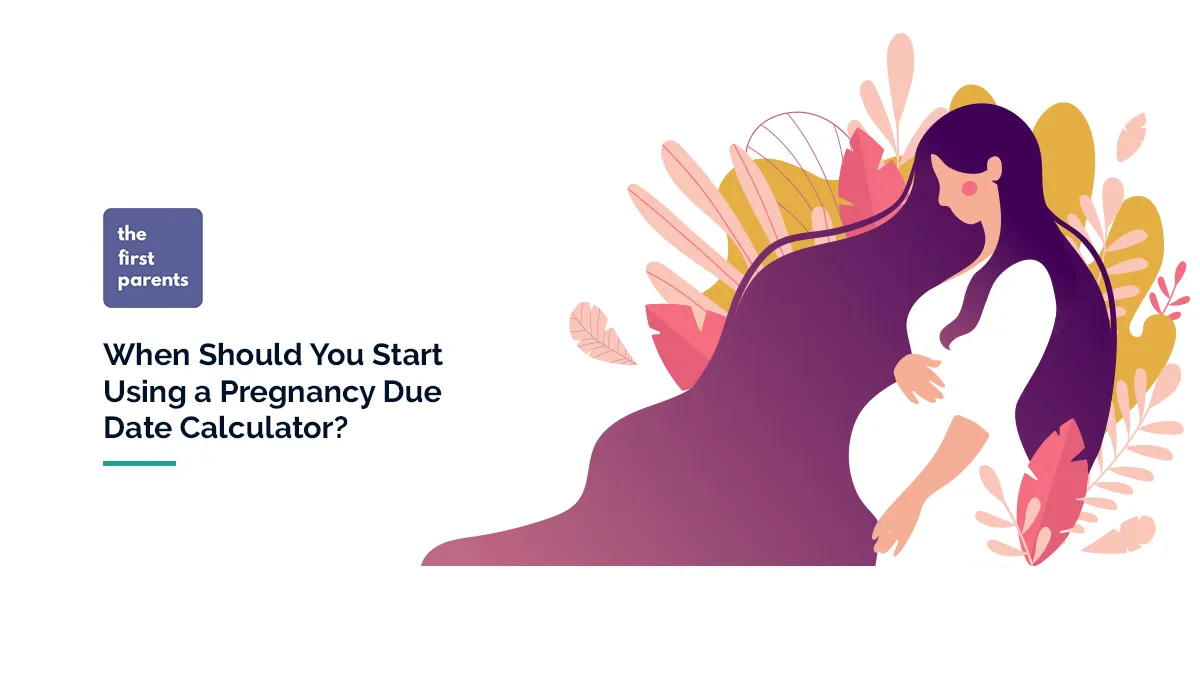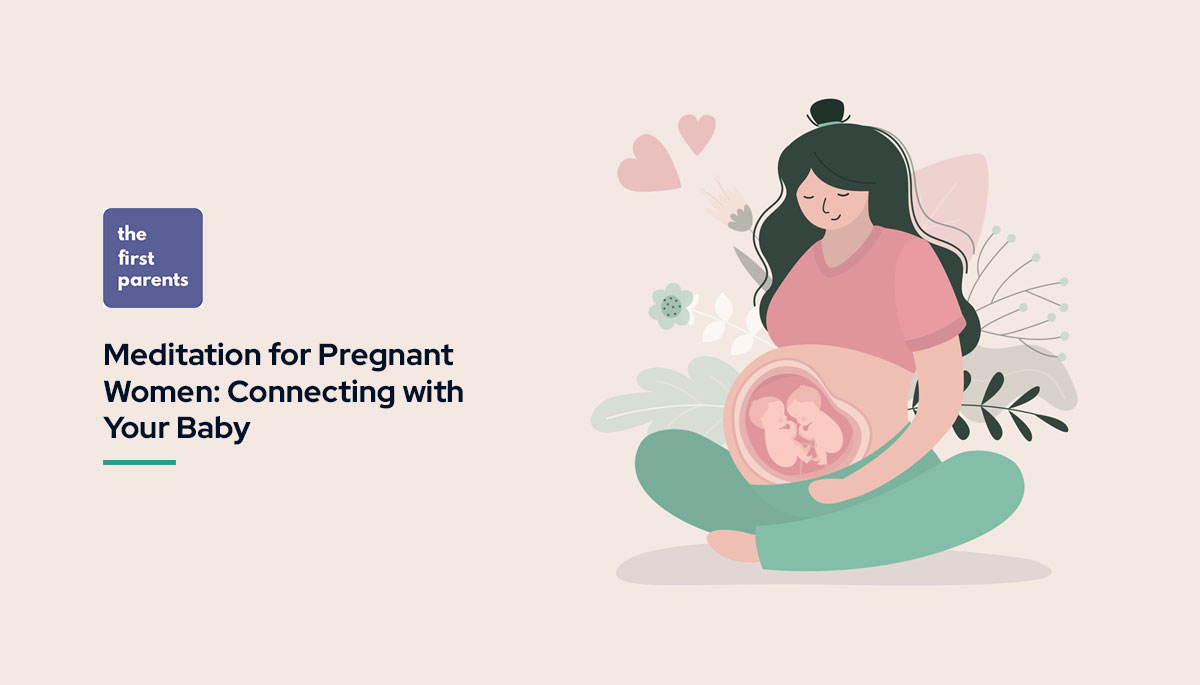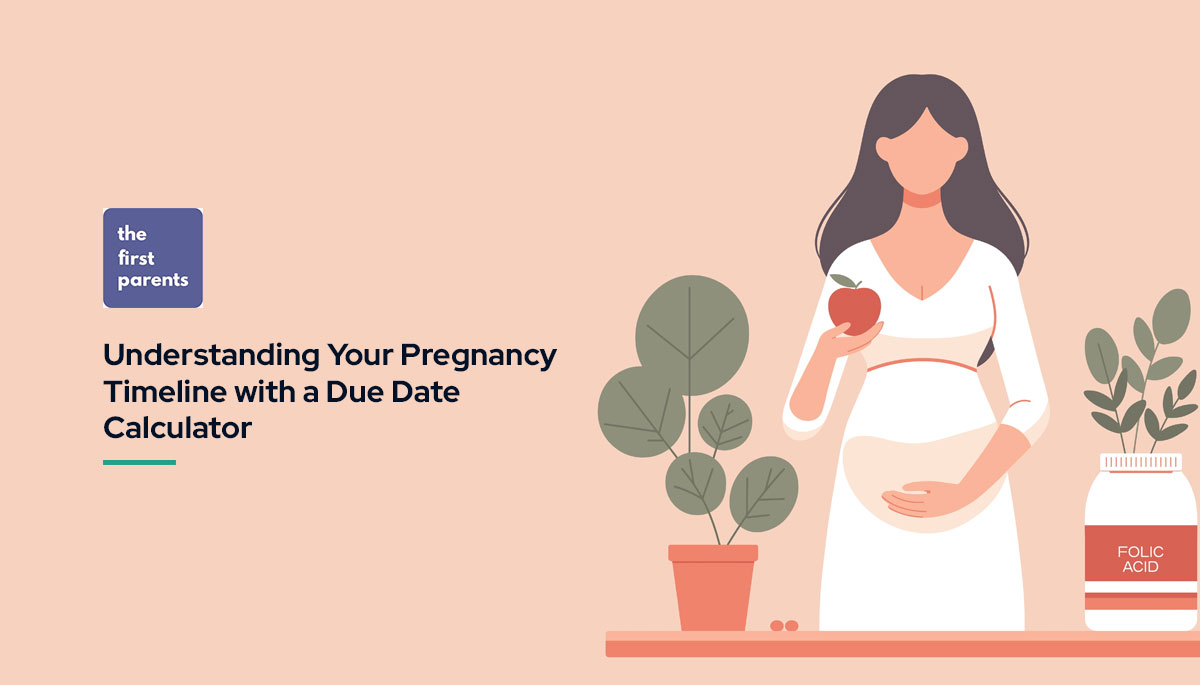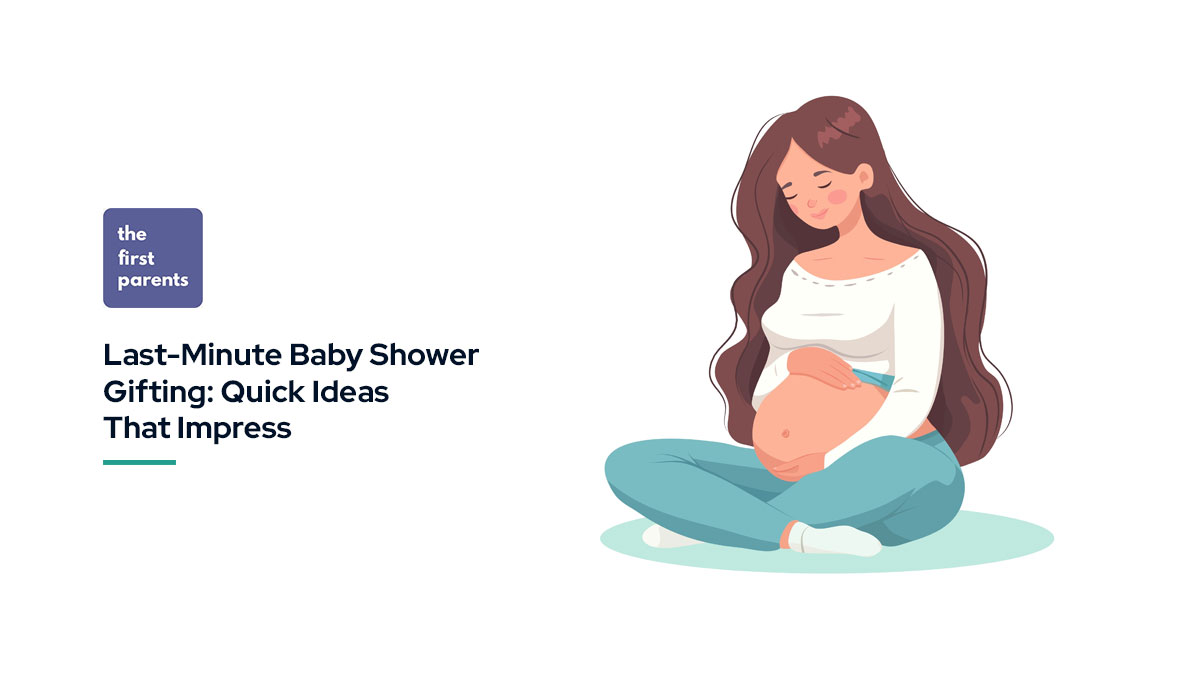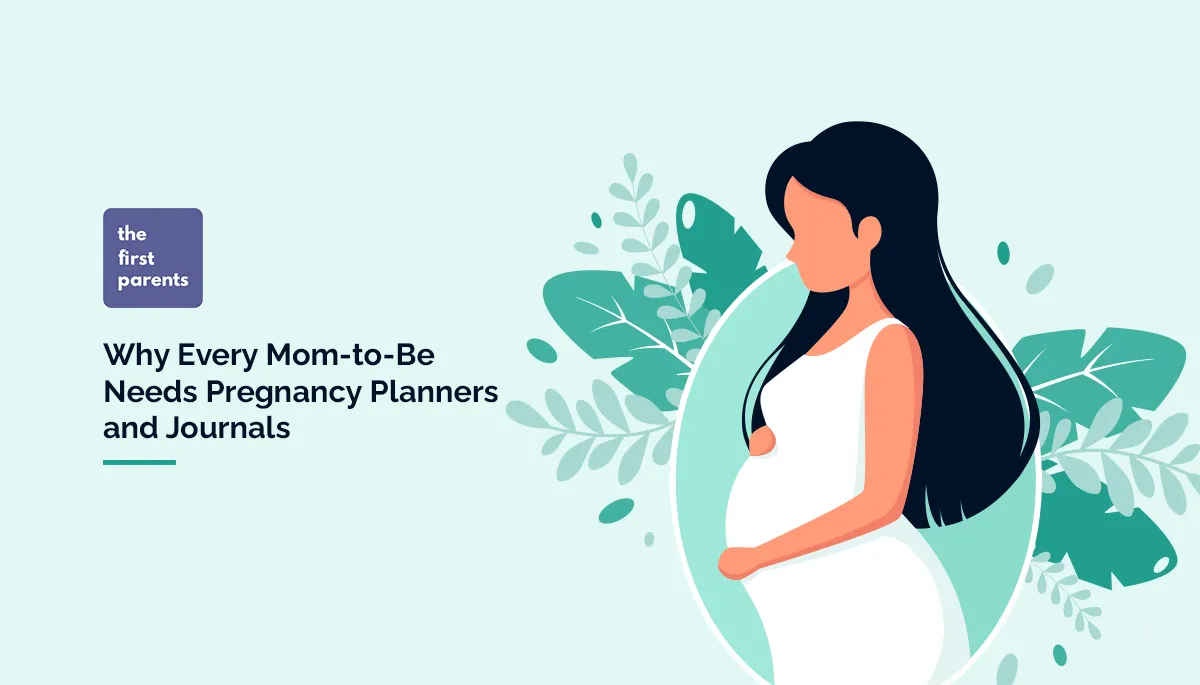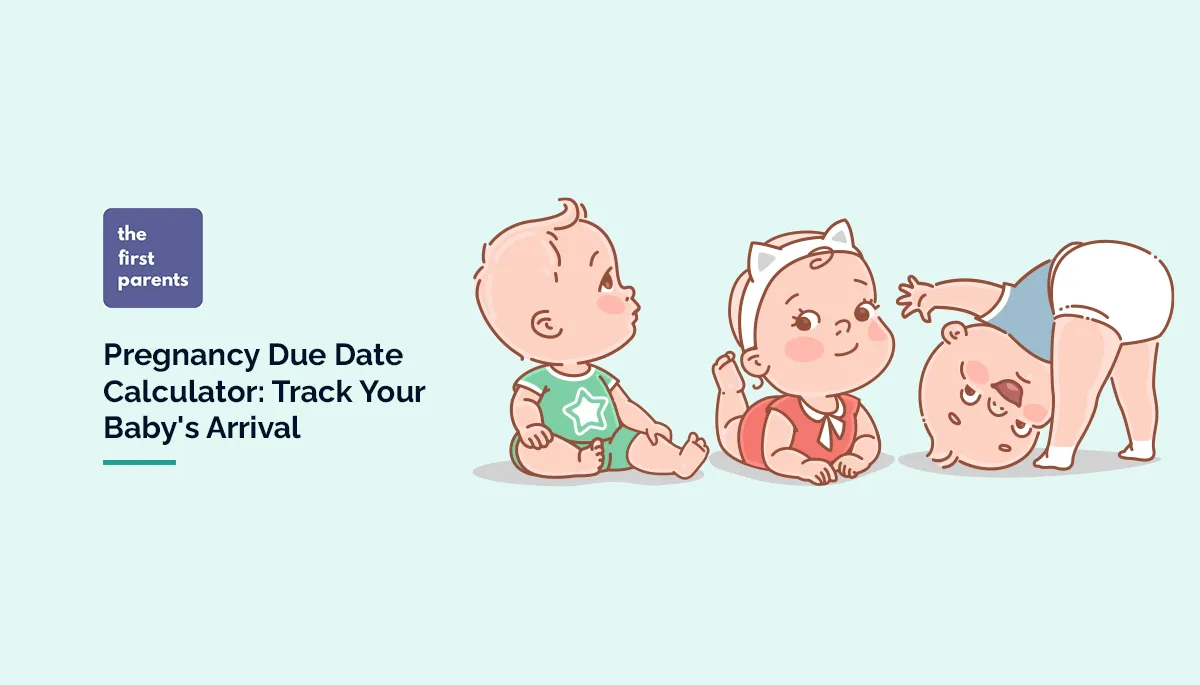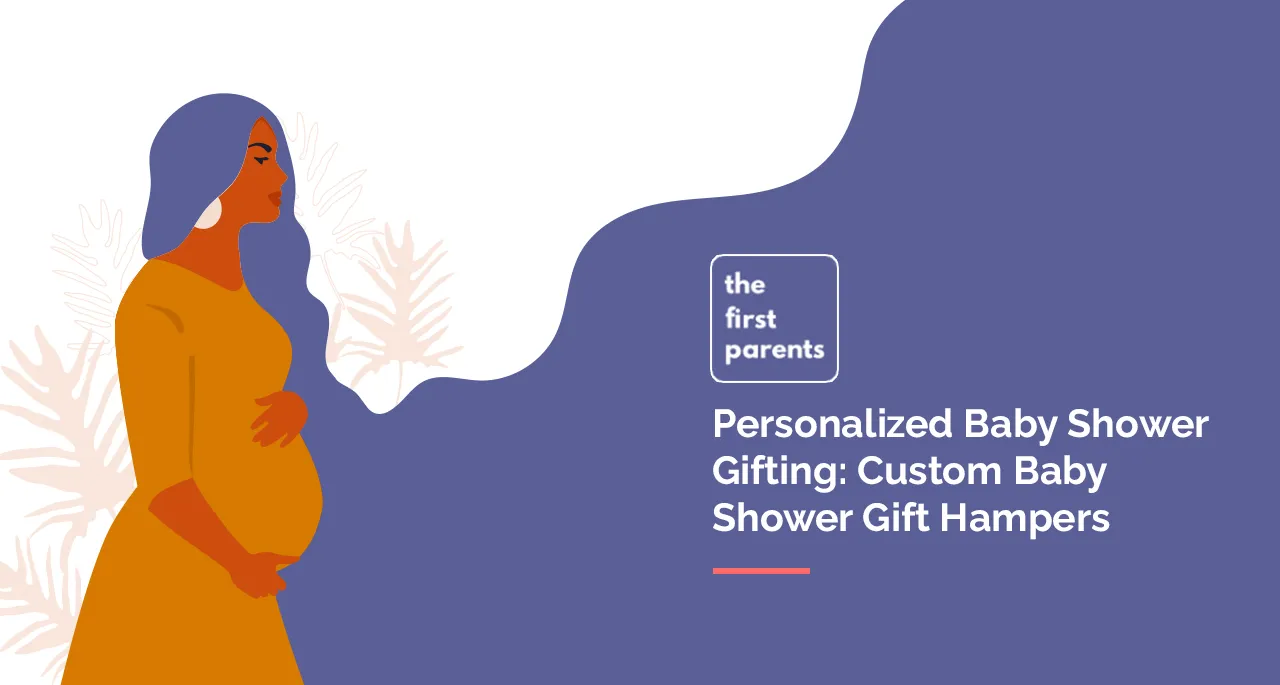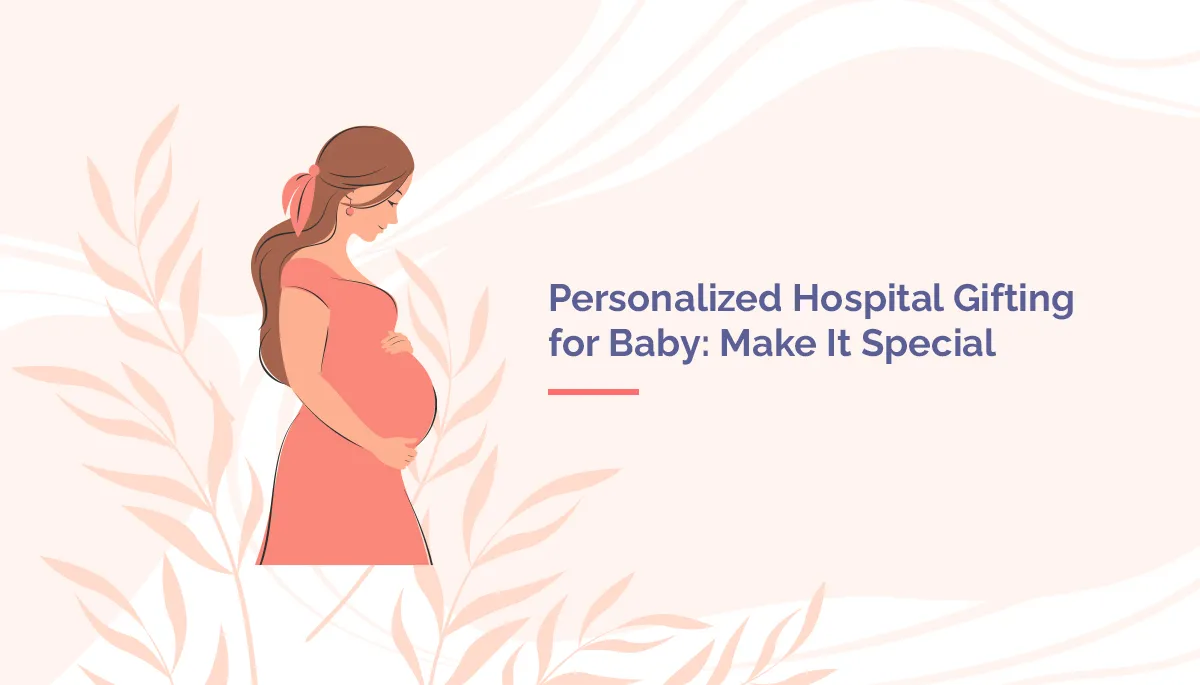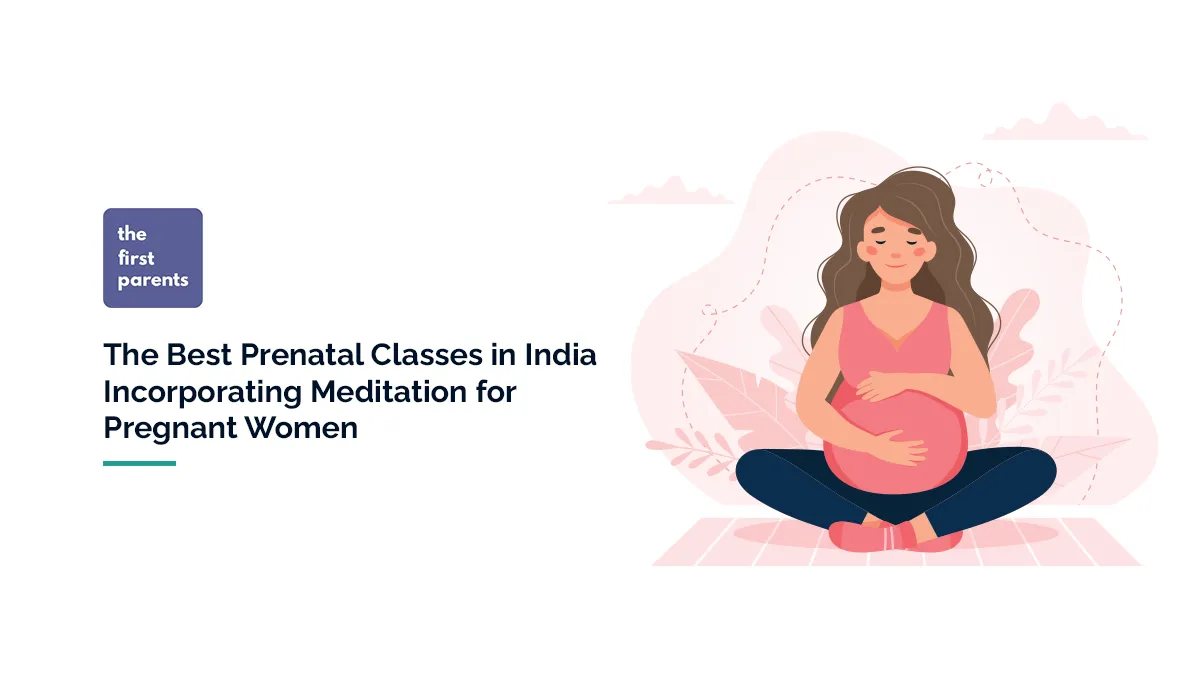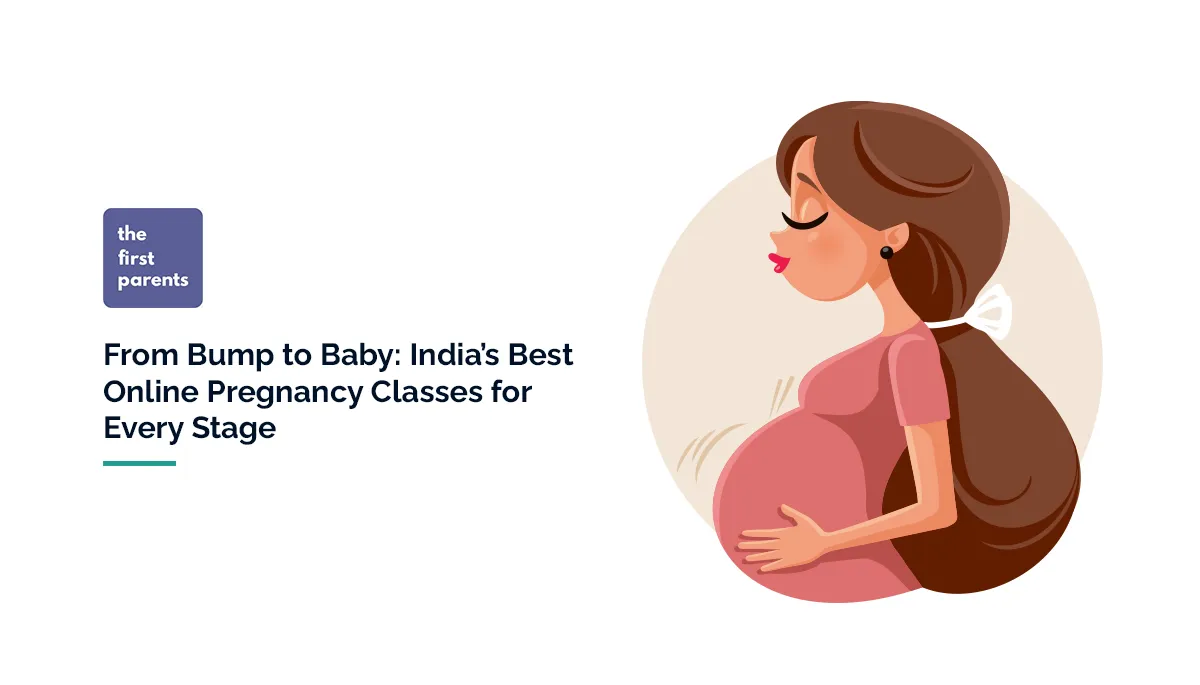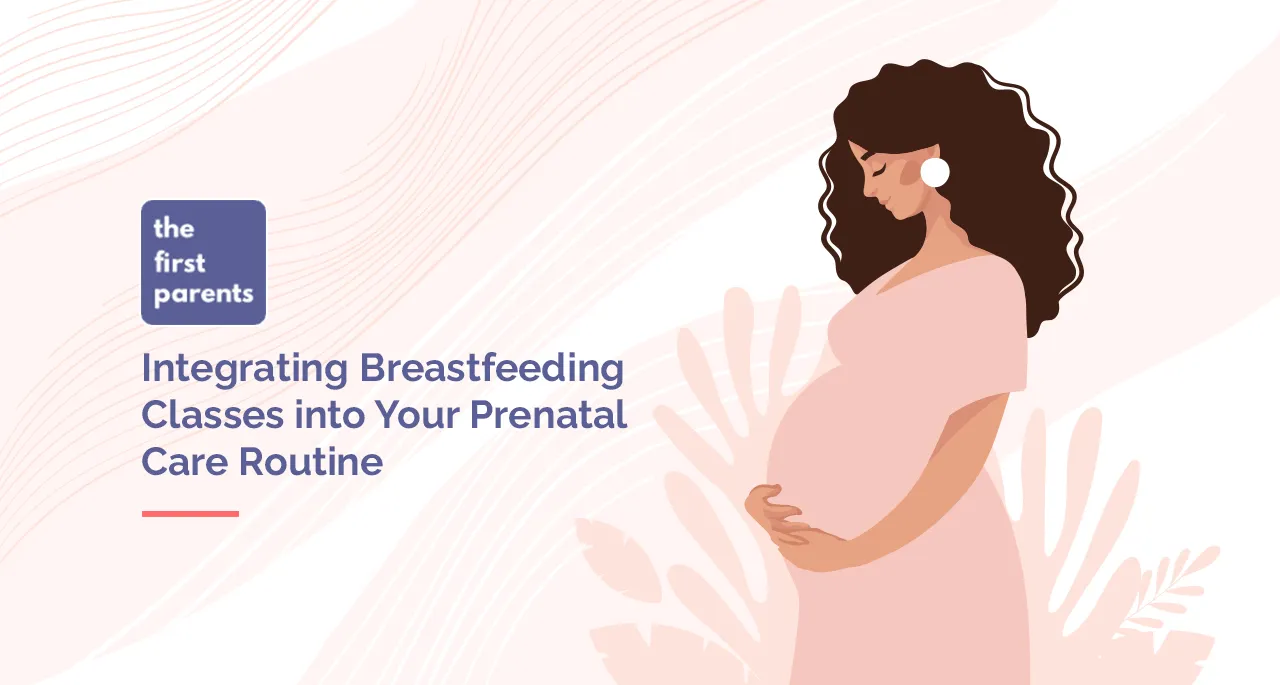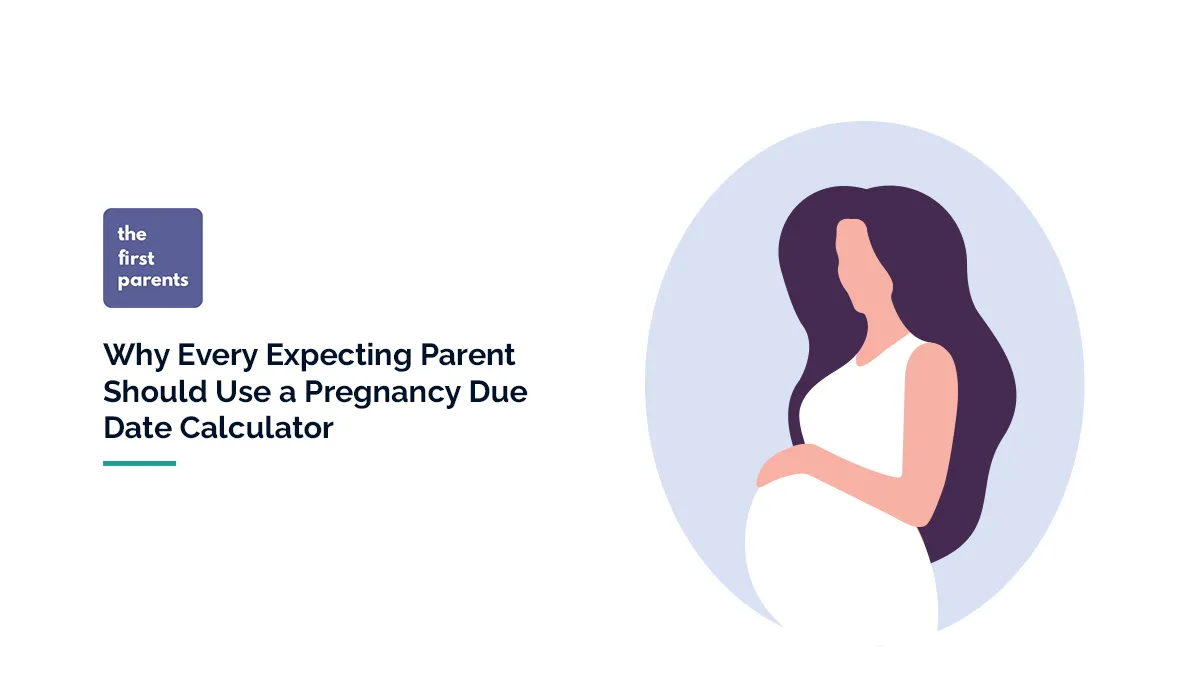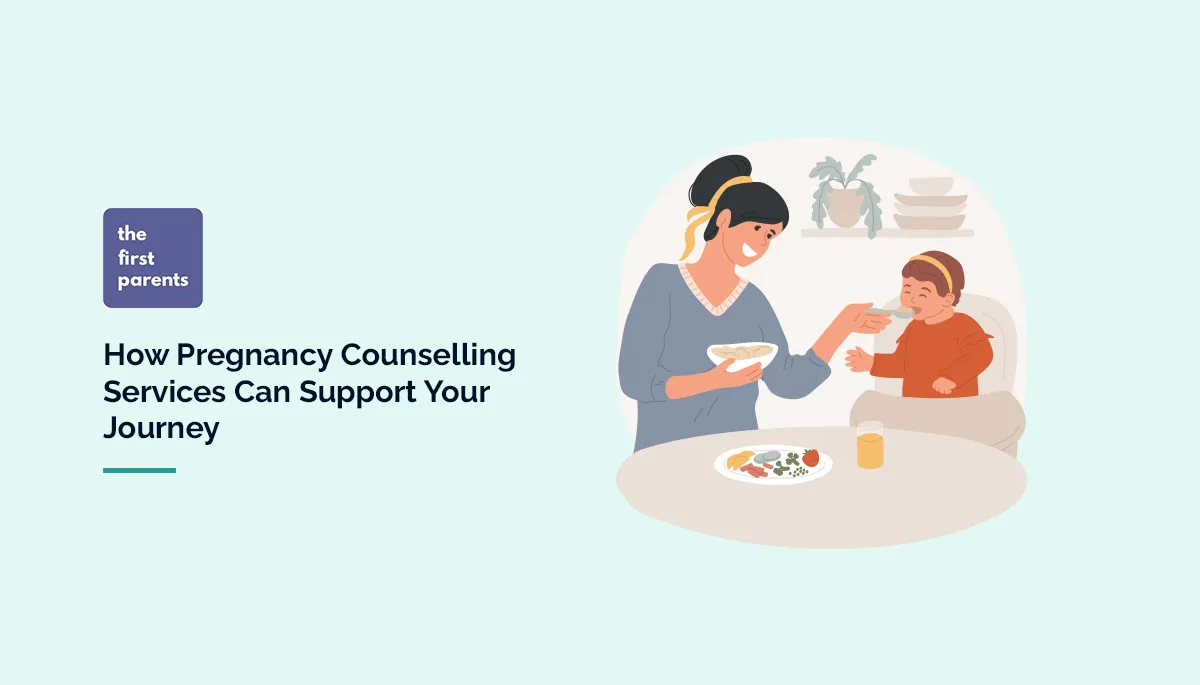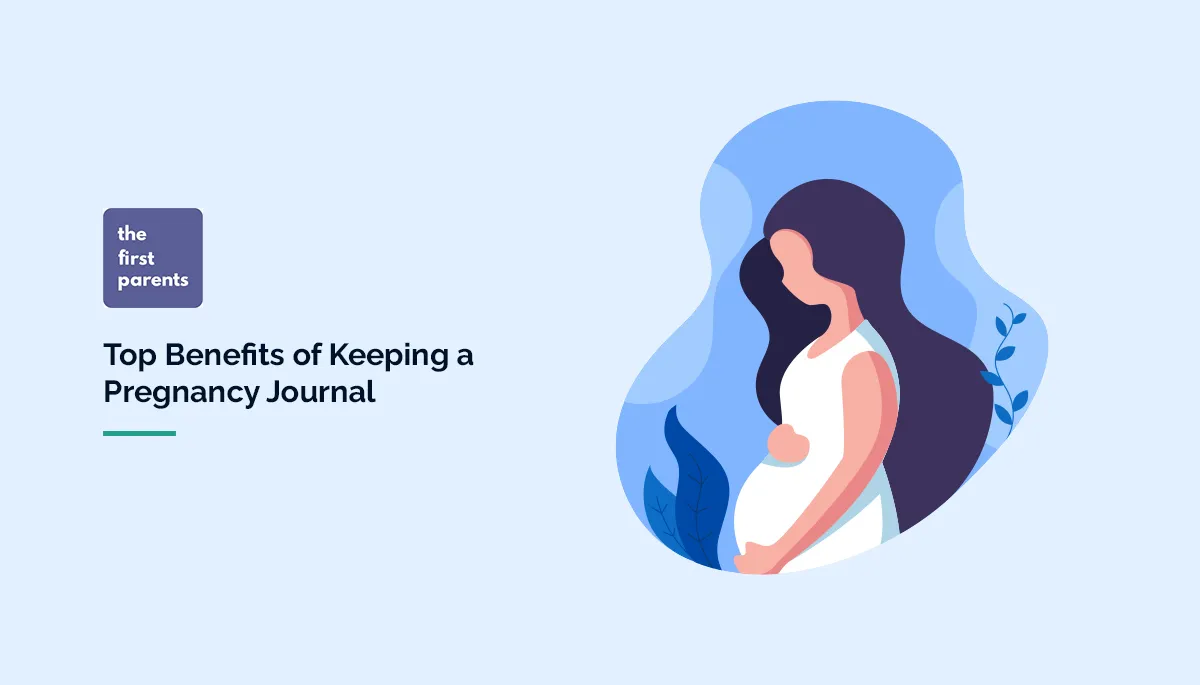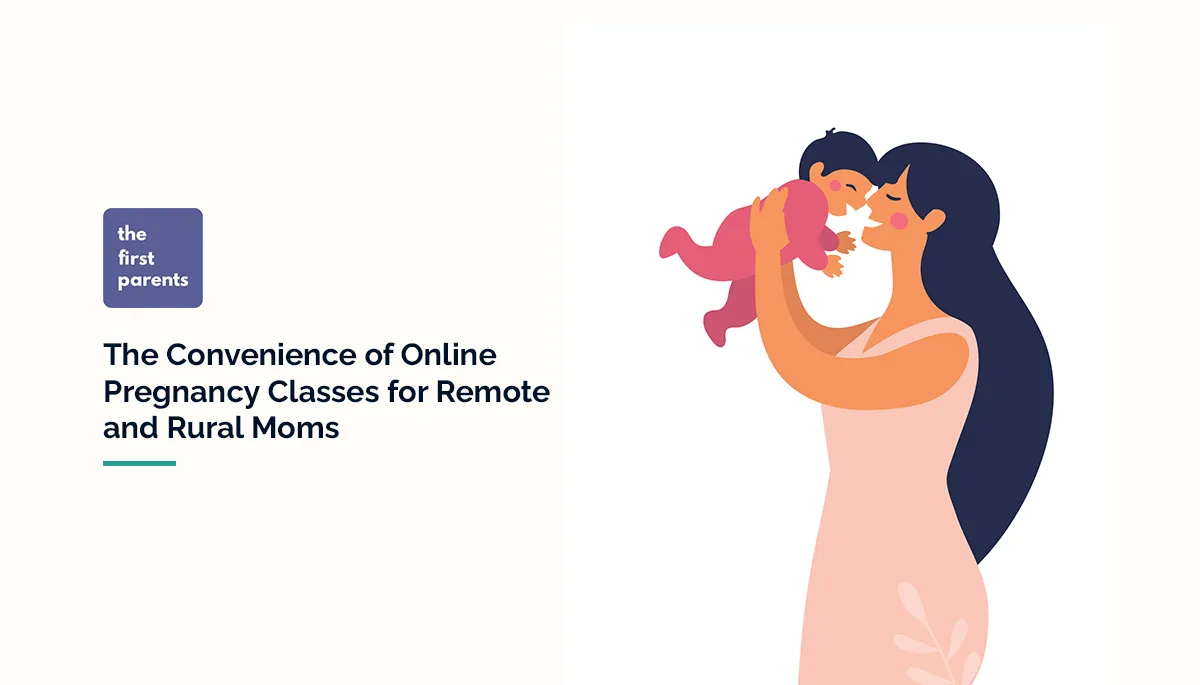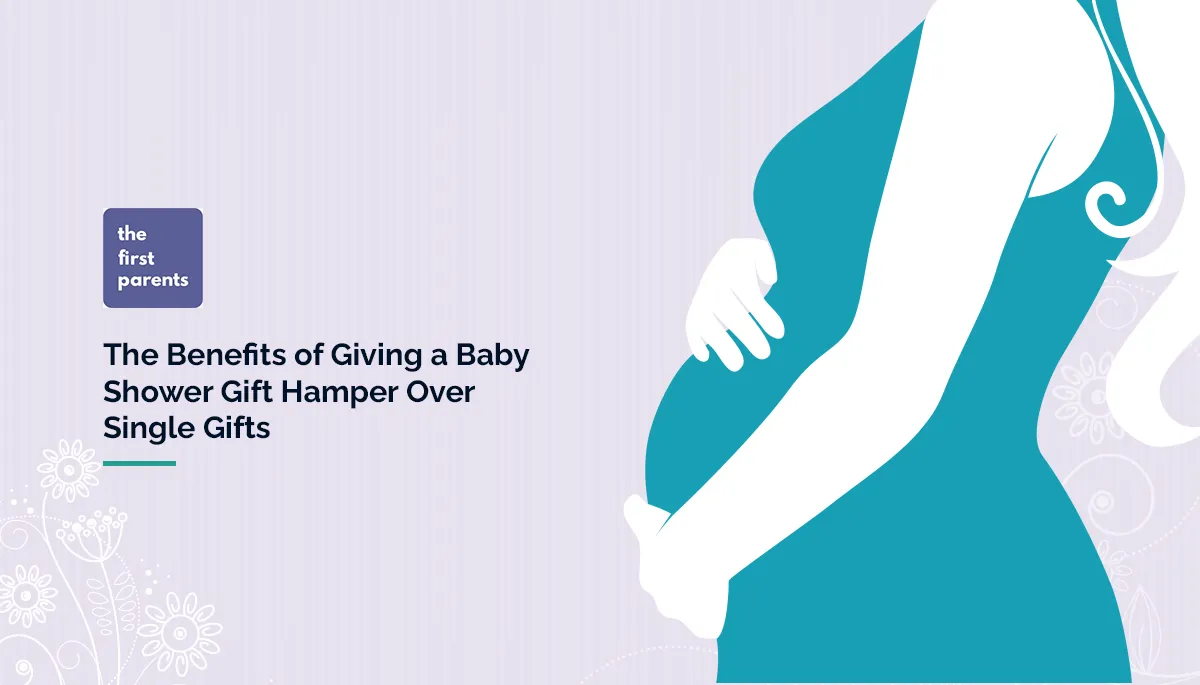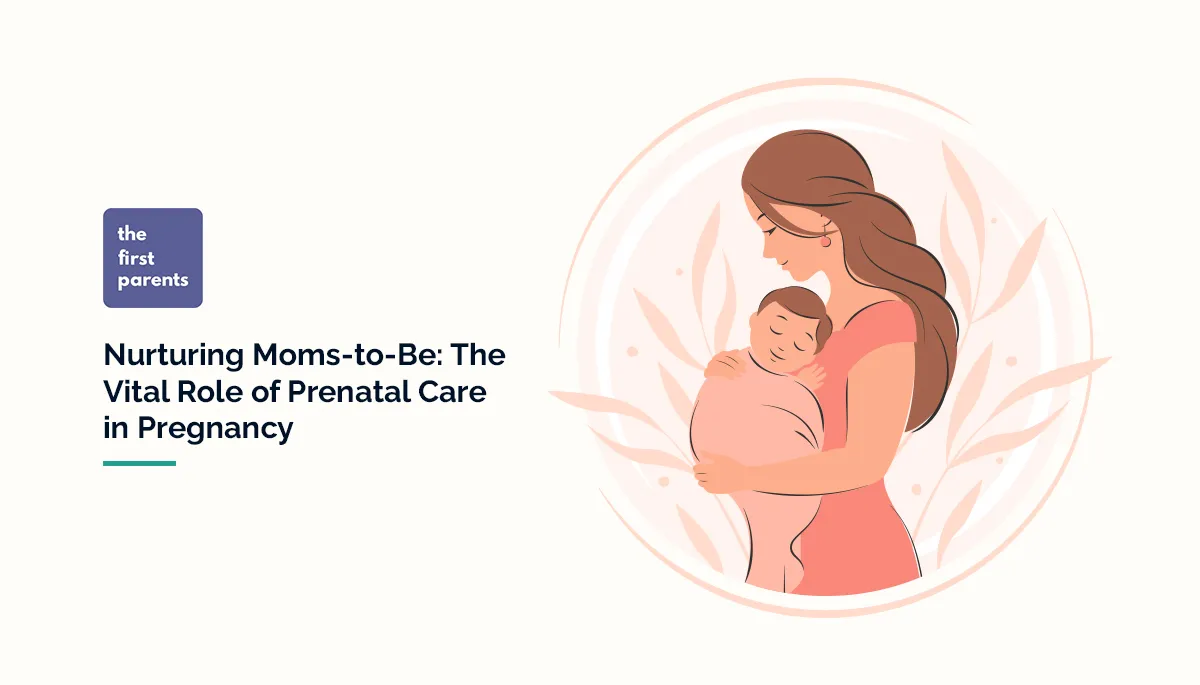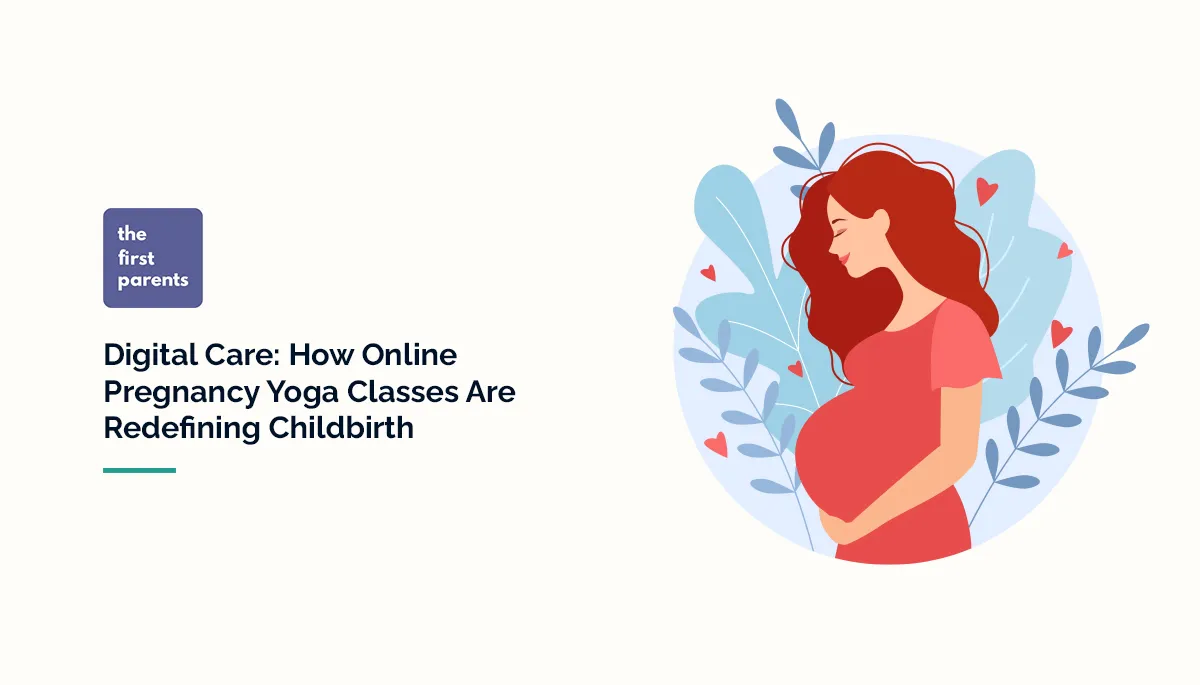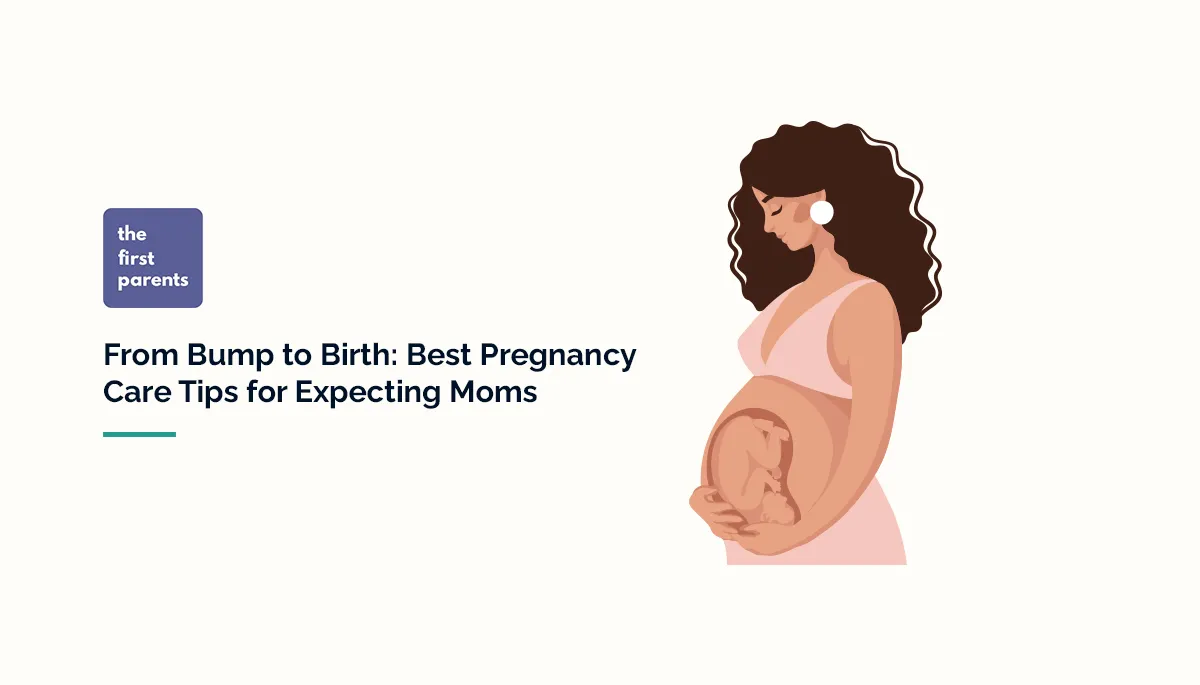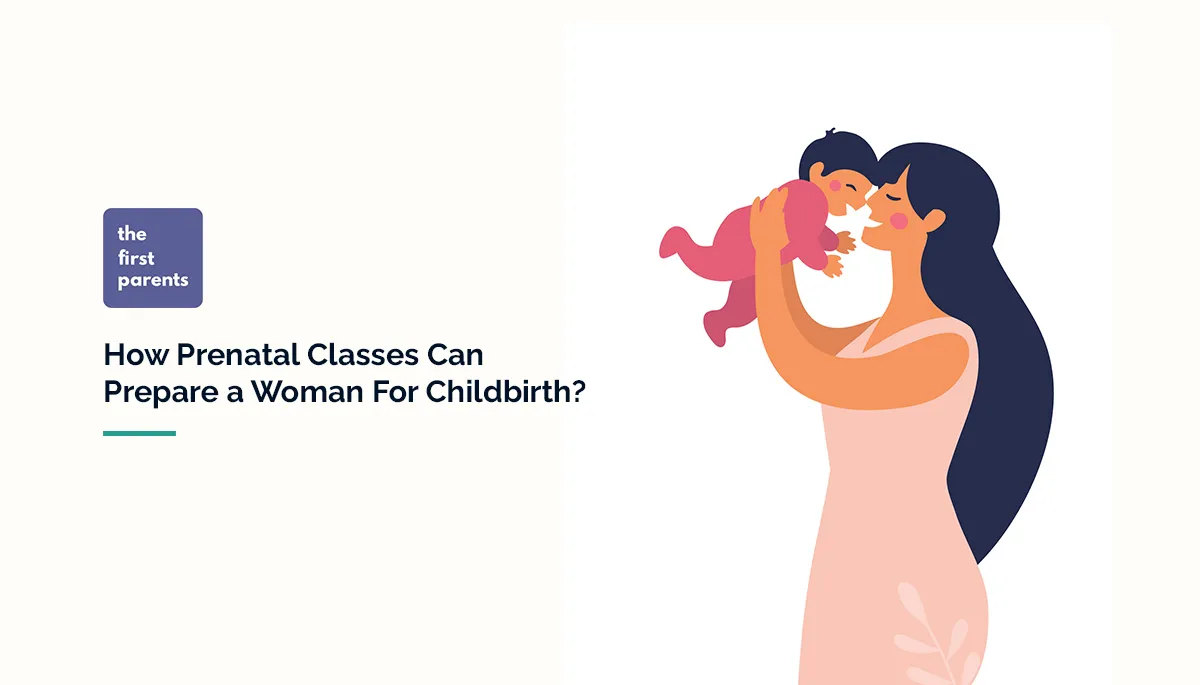When To Check Pregnancy After IUI – A Detailed Guide
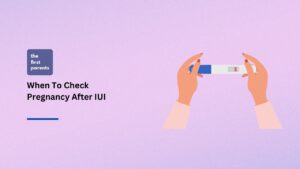 " alt="" />
" alt="" />
- First Parents
- April 8, 2025
Wondering when to check pregnancy after IUI? It is one of those important questions you ask if you plan to conceive.
According to experts, intrauterine insemination (IUI) is a helpful step in fertility treatment as it enhances the chances of conception. However, understanding the waiting period and what to expect after the procedure makes the process less stressful.
Recognising the changes in your body and taking a pregnancy test after IUI help you to make necessary lifestyle adjustments. If you have recently undergone the procedure, read this post to learn more.
When To Check Pregnancy After IUI?
Understanding the right time to take a pregnancy test after IUI is essential because of various reasons. If you perform the test too early, it can lead to inaccurate results and confusion. By waiting for the right moment, you can increase the chances of getting a reliable result and avoid unnecessary disappointment.
According to experts, the ideal time to test for pregnancy after IUI is 14 days after insemination. This “two-week wait” period gives your body enough time to produce a detectable level of hCG (human chorionic gonadotropin), which signals pregnancy.
If fertilisation and implantation occur, the developing embryo releases hCG during this time. Since pregnancy tests detect this hormone in your blood or urine, it is essential to wait two weeks to get an accurate test result.
Although waiting for 14 days can feel challenging, patience is crucial, especially if you don’t want your result to be a false negative. When such things happen, it causes unnecessary tension and worries.
Why Testing Too Soon Can Lead To Inaccurate Results?
Taking a pregnancy test too early can often lead to false negatives, which means the test may show a negative result even if you are pregnant. This happens because of low hCG levels that the test cannot detect.
Another reason to avoid early testing is the possibility of a chemical pregnancy. This occurs when a fertilised egg implants in the uterus but doesn’t develop and ends up in a miscarriage. For the most accurate results, it is best to wait for 14 days so the hCG level in your body becomes stable and the risk of misleading outcomes is reduced.
Now that you know when to check pregnancy after IUI, let’s delve into more critical details that you should know about the procedure.
Understanding Intrauterine Insemination (IUI)
To put it in simple words, intrauterine insemination (IUI) is a fertility treatment that helps couples conceive. The process involves placing concentrated sperm directly into your uterus during ovulation. Doing so increases the chances of the sperm reaching the egg and fertilising it.
Doctors often recommend IUI for couples who face mild male fertility, unexplained infertility, or problems with cervical mucus. Compared to other treatments like in vitro fertilisation (IVF), IUI is a simpler and more affordable option.
Also, it doesn’t take much time to perform an IUI, especially if the doctor is experienced. Sometimes, the woman may feel mild discomfort, but that is not normal, so there’s nothing to worry about.
Why Is Waiting For Two Weeks After IUI Important?
After you get an IUI procedure done, you must wait for 14 days before taking a pregnancy test. This two-week wait period is essential because it allows the fertilised egg to implant in the uterus if conception occurs.
While waiting for two weeks may be challenging, it is a crucial step that you must follow, especially if you don’t want misleading results. You can get accurate results by being patient and waiting for the right time to test.
What Happens After An IUI Procedure?
Now that you understand the importance of waiting for two weeks, let’s give you an overview of what happens during this period.
Phase 1 (Days 1-2): Ovulation and Sperm Placement
IUI is timed during your ovulation when your ovary releases an egg. In some cases, medications may be given to trigger ovulation and ensure the egg is released at the right time. During the procedure, concentrated sperm is injected into your uterus to increase the chances of fertilisation. Since the sperm is already near the fallopian tubes, it increases the chances of reaching the egg.
Phase 2 (Days 3-10): Fertilisation and Embryo Travel
If fertilisation occurs, the newly formed embryo will travel through the fallopian tube toward the uterus, which takes about 6 to 12 days. During this time, the embryo continues to divide and grow as it prepares for implantation in the uterine lining. When this happens, you may feel mild cramps in your lower abdomen.
Phase 3 (Days 10-14): Implantation and Hormone Production
Once the embryo reaches your uterus, it attaches itself to the uterine lining and signals your body to produce hCG. During this time, the hCG levels in your body increase gradually, which gets detected when you perform a pregnancy test. Since the hCG levels in your body may be too low during the early days, testing for pregnancy may show inaccurate results.
Phase 4 (Days 15-28): Pregnancy Test Time
By the 15th day after IUI, hCG levels in your body are already high enough to be detected by a pregnancy test. You can perform the test at home or go to a doctor; the choice is yours. Testing at this stage ensures more accurate results.
Early Signs Of Pregnancy After IUI
You are likely to experience some symptoms after IUI, which is pretty standard and shouldn’t affect you much. However, these symptoms can be confusing because they often resemble premenstrual syndrome (PMS) or side effects of fertility medications. This is why it is essential to understand your body and the changes that it is going through.
Some of the early signs of pregnancy include:
Light Spotting or Bleeding
Some women experience light spotting, also called implantation bleeding, around 6 to 12 days after IUI. This happens when the fertilised egg attaches to the uterine lining. Don’t worry if you see light spotting; it stops in a day or two.
Swollen Breasts
Hormonal changes can make your breasts feel swollen, heavy, or sensitive. Not only that, but your nipples may also darken or become more sensitive as an early sign of pregnancy.
Mild Cramping
You may also experience cramping due to implantation or changes in your uterus. These cramps are usually mild and are different from regular menstrual cramps.
Fatigue and Tiredness
Due to increased progesterone levels in your body, you may feel more tired. During this time, your body uses more energy to support pregnancy, which often leads to exhaustion even if you are not doing heavy tasks.
Nausea or Morning Sickness
You may also feel nausea, especially in the morning. While it is called morning sickness, nausea can happen at any time of the day. But for most women, it appears a little later in pregnancy.
Increased Basal Body Temperature (BBT)
Your basal body temperature may increase after ovulation. You are pregnant if your body temperature remains elevated for over two weeks.
Headaches
Due to fluctuating hormone levels and increased blood flow in your body, you may get frequent headaches. Even dehydration or low blood sugar levels can also contribute to this symptom.
Mood Swings
The hormonal changes that occur after conception can cause sudden mood swings, irritability, or heightened emotions. When this happens, you may feel more emotional or sensitive than usual.
Factors Influencing The Best Time To Take A Pregnancy Test
The best time to take a pregnancy test after IUI depends on various factors. To help you understand better, we have explained the details in the lines below.
IUI Timing
It is essential to note the day when the IUI is performed because it determines the day you should take a pregnancy test. If the procedure aligns with your ovulation period, you may perform a test to detect pregnancy as early as 10 to 12 days afterwards. However, if your IUI occurs post-ovulation, you should wait at least 14 days to get accurate results.
Chance of Multiple Pregnancies
The good thing about IUI is that it increases the likelihood of conceiving twins or triplets. This can influence the test timing as higher hCG levels in multiple pregnancies may result in a positive test.
Pregnancy Test Options After IUI
Choosing the proper pregnancy test after IUI can make a big difference. That’s because it helps you detect pregnancy early and accurately. Different tests have varying levels of sensitivity. Therefore, you should choose one only after weighing the pros and cons. To help you out, we have discussed the details below.
Method 1: Home Pregnancy Tests
Home pregnancy tests are pretty standard as they are easily accessible and provide quick results by detecting hCG in urine. The good thing is that you can perform a home pregnancy test alone without anyone’s help.
Pros
The most significant advantages of a home pregnancy test are as follows:
- You can quickly get it from a store and do it at home.
- It is private; you don’t have to visit a doctor or clinic.
- It gives you quick results in minutes.
Cons
Some of the drawbacks of a home pregnancy test are:
- It is less sensitive and may fail to detect early pregnancy.
- You may end up with an inaccurate result if you misuse it.
- Sometimes, it gives you unclear results as the test lines are not prominent, making it difficult to interpret.
Method 2: Blood Tests
Unlike a home pregnancy test, you cannot perform a blood test at home. You will have to go to a medical facility, where they will draw blood to measure hCG levels in your body. This process is more time-consuming than a home pregnancy test but more reliable and accurate.
Pros
The benefits of getting a blood test are as follows:
- It is more reliable.
- It can detect early pregnancy.
- It provides exact hCG levels, therefore helpful in tracking pregnancy progression.
Cons
The significant drawbacks of a blood test include:
- You will have to visit a clinic to get the test done.
- It takes hours or even days to get the results.
- It is more expensive.
Final Words
Knowing when to check pregnancy after IUI helps you make better decisions regarding your body and conception. The ideal wait time is two weeks, during which the hCG levels in your body are high enough to get detected by a pregnancy test. It is not advisable to perform a pregnancy test early as it may give you inaccurate results. After the wait time, you can either go to a doctor or take the test at home at your convenience.
FAQs
How many days after IUI to take a pregnancy test?
You should take a pregnancy test 14 days after IUI because testing earlier can lead to a false negative result.
Can you test negative 12 days after IUI and still be pregnant?
It is possible to test negative 12 days after IUI as the hCG levels in your body may not be high enough to get detected by a urine test.
When will a urine pregnancy test be positive after implantation?
A urine pregnancy test may become positive 10 to 14 days after implantation.
When do pregnancy symptoms start after IUI?
Pregnancy symptoms can start as early as 7 to 10 days after IUI. However, this may vary from woman to woman.
How many days after fertilisation will the pregnancy test be positive?
A pregnancy test can show positive around 10 to 14 days after fertilisation as it detects the hCG hormone in your body.
How will I know if my IUI was successful?
The only way to confirm a successful IUI is by taking a pregnancy test 14 days after the procedure.
How many days after an IUI should you start your period?
If IUI is unsuccessful, your period may start 14 to 16 days after the procedure.
What are the early signs of pregnancy?
Some early signs of pregnancy include missed periods, tender breasts, fatigue, nausea, increased urination, light spotting, or mood swings.
What are the symptoms of failed IUI?
If your IUI fails, you may experience a regular period of around 14 to `6 days after the procedure. Also, you will not feel nauseous or have tender breasts.
How many days after IUI to test for pregnancy?
It is recommended to test for pregnancy 14 days after IUI.
What are the early signs of pregnancy after IUI?
Some early pregnancy signs after IUI include implantation cramping, light spotting, breast tenderness, fatigue, nausea, and increased urination.
Can you test negative 14 days after IUI and still be pregnant?
While it is possible to test negative 14 days after IUI, it happens in rare cases if the implantation takes place late.
Is it normal to not have pregnancy symptoms after IUI?
It is entirely normal to have no pregnancy symptoms after IUI, even if you are pregnant. The only way to confirm pregnancy is by taking a test.





